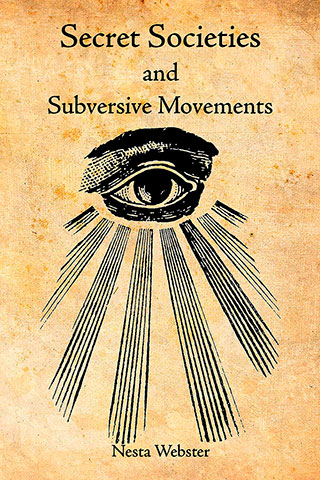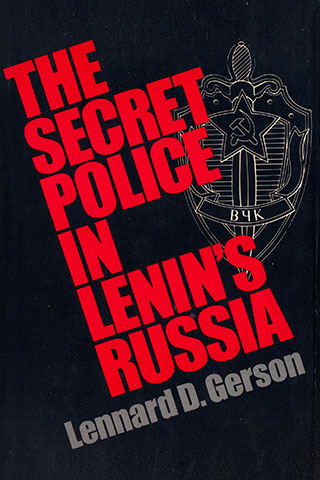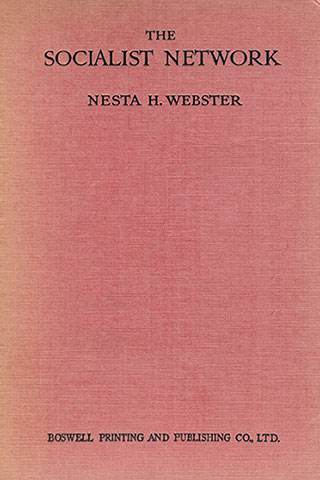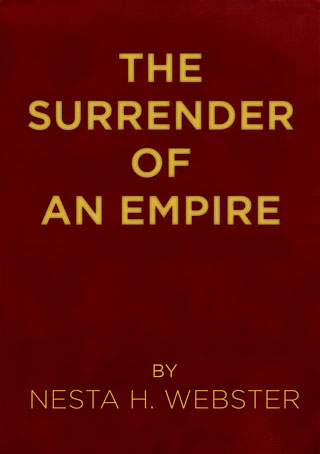Monsanto: Number One Enemy of Humanity
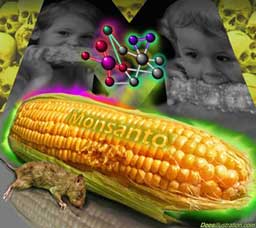 The World According to Monsanto is an in-depth look at the domination of the agricultural industry from one of the world’s most insidious and powerful companies. A bold, brilliant film and a definite must-see for anyone who is interested in learning more about the multi-billion dollar, omni-powerful, and highly dangerous Monsanto.
The World According to Monsanto is an in-depth look at the domination of the agricultural industry from one of the world’s most insidious and powerful companies. A bold, brilliant film and a definite must-see for anyone who is interested in learning more about the multi-billion dollar, omni-powerful, and highly dangerous Monsanto.
French filmmaker Marie-Monique Robin spent some 20 years hearing about Monsanto before she set out to understand just what Monsanto was all about. Robin posits that perhaps the company’s past can shed some light on what the company is all about today. Monsanto started out as one of the world’s largest chemical companies and is responsible for the creation of Agent Orange (used during the Vietnam War), Aspartame, Bovine Growth Hormone, Polystyrene, PCBs and GE crops (genetically-engineered).
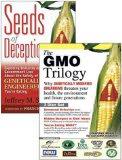 No other filmmaker has ever created such a compelling and damning case against Monsanto. The only other individual to come close to exposing the ugly reality of Monsanto’s contribution to the planet is the best-selling author Jeffrey Smith with his of Seeds of Deception book.
No other filmmaker has ever created such a compelling and damning case against Monsanto. The only other individual to come close to exposing the ugly reality of Monsanto’s contribution to the planet is the best-selling author Jeffrey Smith with his of Seeds of Deception book.
Monsanto’s leading product is Roundup — the world’s best selling herbicide for the last 30 years. Monsanto is also the world’s leader in biotechnology, with over 90% of the genetically modified organisms grown on the planet belonging to them. Most are modified to resist the application of Roundup technology
of all the soybeans grown in America.
When Roundup was introduced in 1974, the success of the product was, in part, due to its claims of being biodegradable, and that the product ‘leaves the soil clean’ and is good for the environment. Monsanto was twice found guilty of false advertising. Monsanto has now removed the word biodegradable from its labels.
Monsanto’s PCBs also have a lethal legacy. Robin interviews individuals in Pennsylvania who suffered serious health affects from Monsanto’s PCB production plant. In 2001, 20,000 residents filed two lawsuits against Monsanto seeking compensation for the negative effects of the PCBs. Monsanto settled by paying $700 million dollars to build a special hospital, compensate the victims, and clean up the contaminated site. David Carpenter, the foremost expert on PCBs explains how the entire world is now contaminated with PCBs. “They have gone into the water and into the air.”
bio-engineered elements.
Monsanto’s GMOs, perhaps the products that are causing the most concern with activists around the globe, were only introduced in 1996 when their Roundup Ready Soybeans were approved for use in the USA. Today, less than 12 years later, Roundup Ready Soybeans account for 90% of all the soybeans grown in American. 70% of the food in American stores contain bio-engineered elements. There is no labelling of genetically modified foods in the USA.
Monsanto also created the controversial Bovine Growth Hormone (rBHG), which is a transgenetic hormone injected into cows to increase milk yield. Monsanto was involved in a major bribery scandal in Canada over their attempts to bribe Health Canada workers into suppressing rBHG data. Eventually, Canada did not approve the drug for use in Canada. The European Parliament has disapproved its use.
Marie-Monique Robin has left no stone unturned in the Monsanto story. She interviews every authority on the subject (both pro and anti-Monsanto), traces American policy-making that allowed Monsanto to prosper and shows how many individuals who have worked to approve the technology at a government level have long ties with the company.
A riveting look at the world’s most frightening company.
